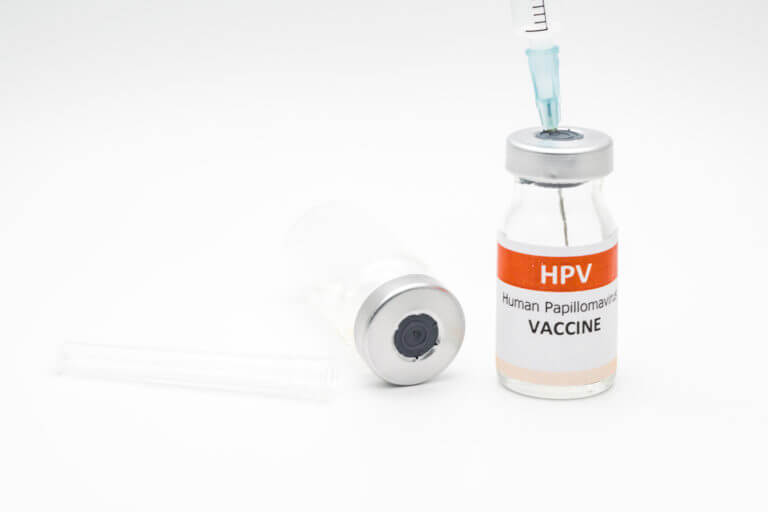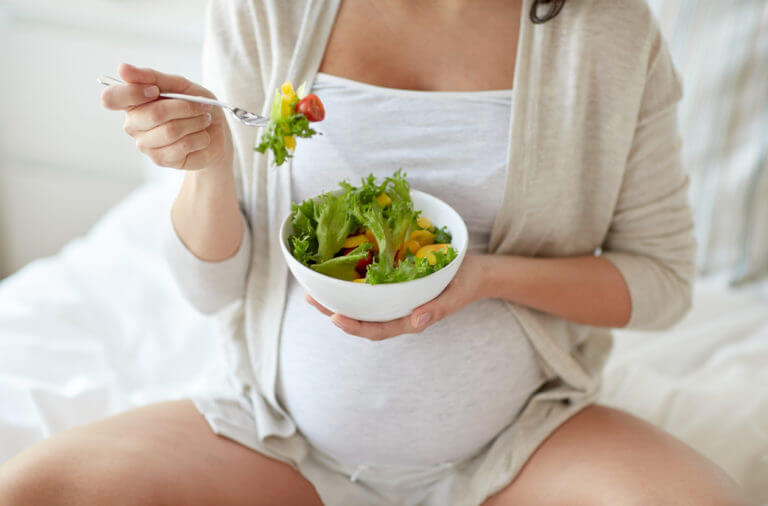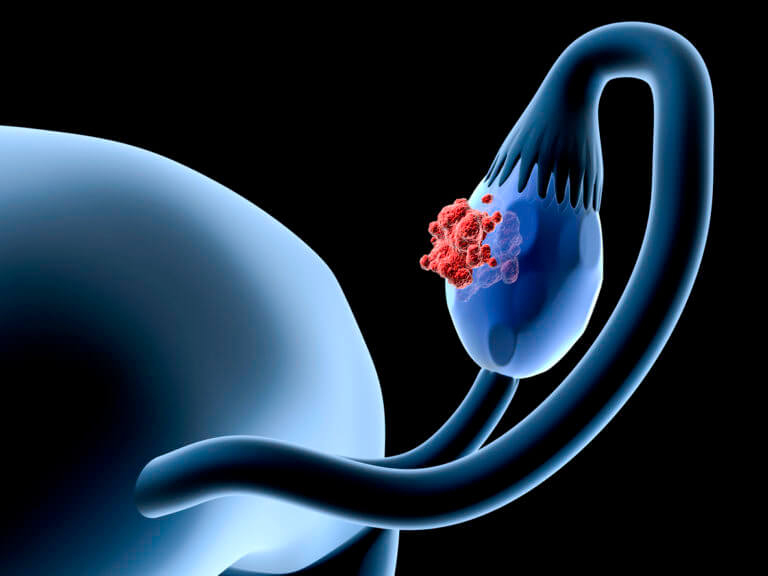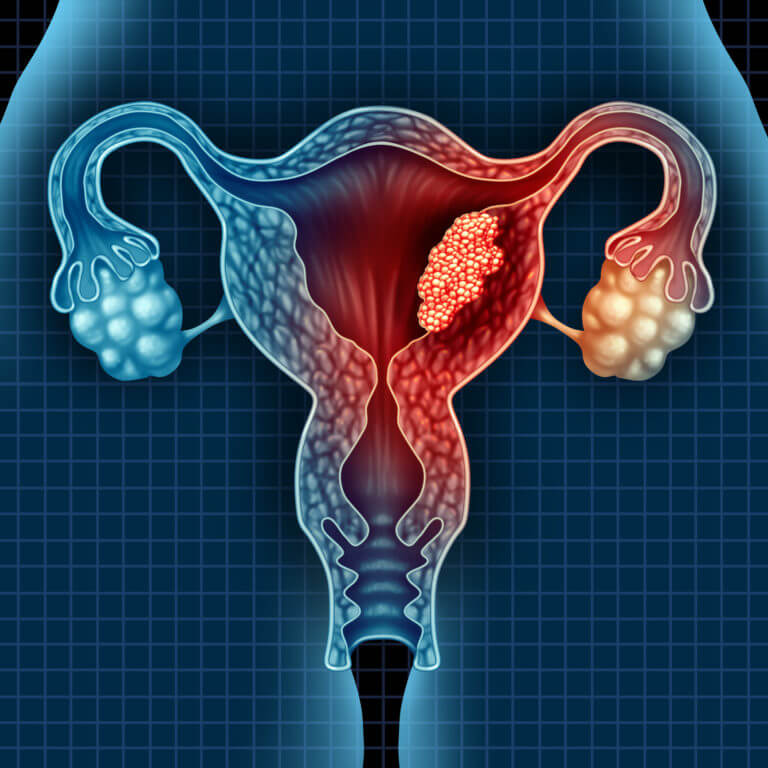The HPV vaccine is very effective against the human papillomavirus (HPV), which can cause several types of cancer. The vaccine is effective against HPV 16 and HPV 18, which together cause 70 percent or more of the cases of cervical cancer. The HPV vaccine was first licensed for use in 2006, and it continues to
Read MoreBlog
Five Healthy Snacks for Pregnancy
Navigating the nine months of pregnancy, a mother-to-be is a superhero. Not only is her body creating another life, but she is striving to be healthy for two! Despite the stress, aches, pains, and cravings that accompany pregnancy, these wonder women might feel that it’s ok to eat whatever makes them happy. However, that happiness
Read MoreTalking to Your Teenager about Going to the Gynecologist
Chances are your teen has been seeing the same doctor since she was born. Over the course of your teen’s life, her pediatrician has become a trusted advisor and sometimes confidant when it comes to growing up and navigating life. So seeing a gynecologist can be a very big – and nerve-racking – step for
Read MoreThe Benefits of Collagen Injections
Collagen is a long chain protein that forms a supporting network that is the “glue,” of the body. The body in its prime produces enough of its own collagen for bones, hair, muscles, nails, skin, and all other organs. Collagen comprises almost 80 percent of protein within the skin and takes many forms in the body
Read MoreMost Common Pregnancy Complications
Most pregnancies are uncomplicated and proceed smoothly with good prenatal care. However, even previously healthy women can develop complications during gestation, affecting and even threatening maternal and fetal health. Doctors check for proper fetal growth and development – and symptoms associated with pregnancy complications – using physical exams, lab tests, and ultrasound scans. Timely, regular prenatal care enables health-care providers to
Read MoreUsing a Midwife vs. a Hospital Delivery
Modern mothers-to-be have lots of decisions to tend with regards to determining the best, safest way to deliver their baby. And for first-time moms, one is whether to choose an obstetrician-gynecologists (ob-gyn) or certified nurse-midwives (CNM) to oversee their deliveries. Here are some considerations to help you determine which option may best for you and
Read MoreCombating Morning Sickness
Morning sickness is a much less descriptive term for what it actually is: the misery of nausea and vomiting of pregnancy. Three out of every four pregnant women experience morning sickness, which usually is worse in the morning but can last all day and sometimes, linger throughout the pregnancy. The nausea usually starts around four to
Read MoreWhat Causes Ovarian Tumors?
The ovaries are a unique and necessary part of the female reproductive system. There are two ovaries on either side of the uterus, responsible for producing eggs (ova) that travel through the fallopian tubes to the uterus. When the eggs are fertilized by sperm, a fetus can grow, and a baby can be conceived. Besides
Read MoreWhen Is the Best Time to take a Pregnancy Test?
Many people would agree that getting pregnant and having the chance to raise a child is one of the happiest moments of their lives. Knowing that you are going to welcome a little baby into your life can also be overwhelming, so knowing what to expect (no pun intended), is very important. For many women,
Read MoreAn Overview of Gynecological Cancer
Every woman, unfortunately, is at some risk of developing gynecological cancer, especially if you have a family history of the disease. Research shows that approximately 100,000 women are diagnosed with a form of it every year in the United States, and 30 percent of all cases result in death. Here is a basic overview of
Read More












